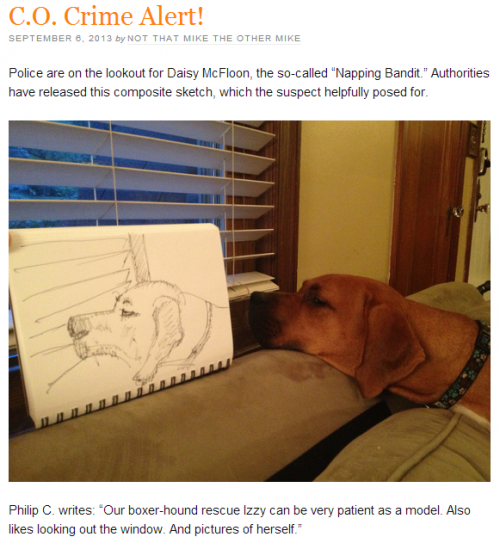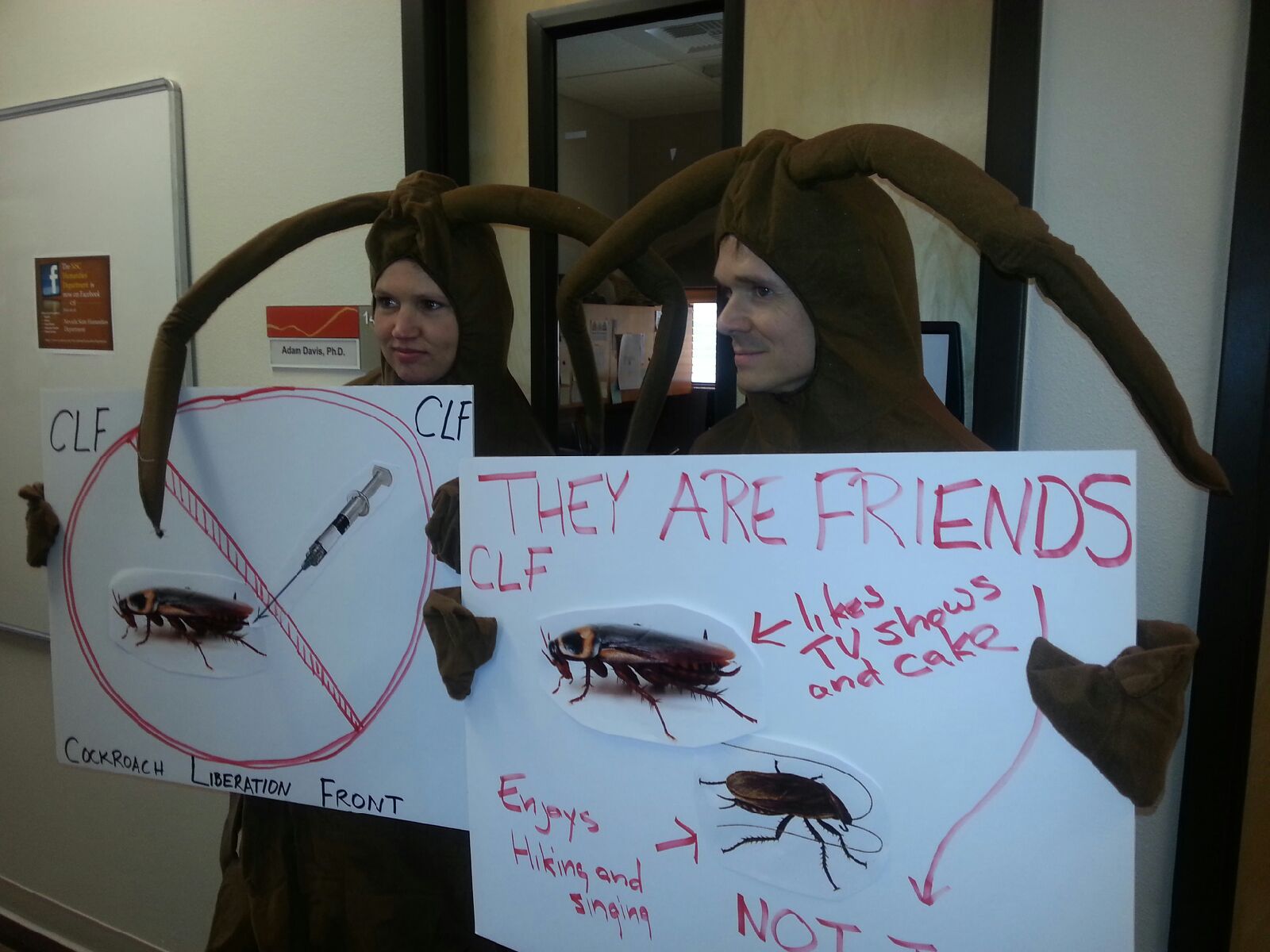 SocImages Meet Up in Minnesota!
SocImages Meet Up in Minnesota!
Today I’m enjoying a visit to Carleton College and looking forward to spending the next two days at Macalester. If you’re in the Twin Cities area, I’ll be at the W XYZ bar at the Aloft hotel in Minneapolis (900 Washington Ave S) on Thursday Oct. 3 at 8:30pm. I would love to meet you and, more importantly, I would love to introduce you to each other!
Posts that Killed It:
We had an extraordinary month in September thanks to Sezin Koehler’s post on the lyrics of Robin Thicke’s “Blurred Lines.” Many had called the song “rape-y” and the video misogynistic, but Koehler took it a step further, aligning the song’s lyrics with the words of actual rapists. This struck a chord, making stark the discomfort many felt with the song. The post has 163,000 “likes” and 1,600 comments and counting. It was also cross-posted or discussed at Al Jazeera, Ms., Feministing, xoJane, Pacific Standard, and Jezebel.
We had some other super popular posts this month too! Here are the highlights, starting with Koehler’s amazing work:
- From the Mouths of Rapists: The Lyrics of Robin Thicke’s Blurred Lines (163,000 likes)
- Gender and the Body Language of Power (20,000 likes)
- Surprise! Your Flight Attendants are All Strangers! (15,000 likes)
- Men Feel Bad Around Smart, Successful Women (7,400 likes)
- Wrinkle-Washed: Female Faces in Film Marketing (2,500 likes)
And y’all seemed to like our list of professors’ pet peeves too (5,000 likes)
New Course Guides:
- Sociology of Work and Occupations, by yours truly (highlighting my minor obsession with flight attendants)
- Family and Society, by Marcie Hambrick, MSW of Georgia State University.
You can see all of our course guides here. We hope they’re useful!
Elsewhere on the Net:
This month I had the fun opportunity of writing two original essays for Salon and one for Alternet.
- On testosterone: I responded to the study saying good dads have small testes by reviewing the way that men’s testosterone levels respond to social cues (like driving a Porsche, winning a video game, or becoming a father).
- On sexual dimorphism: I had fun with the idea of sexual dimorphism, imagining how different men and women would be if we were like highly dimorphic species. Elephant seals, blanket octopi, spoon worms, the resplendent quetzal, primates, and the platypus all make an appearance.
- On sexual anatomy: And I dusted off my master’s degree in human sexuality and wrote up seven little-known facts about sexual anatomy for Alternet.
Social Media ‘n’ Stuff:
Finally, this is your monthly reminder that SocImages is on Twitter, Facebook, Google+, and Pinterest. Lisa is on Facebook and most of the team is on Twitter: @lisawade, @gwensharpnv, @familyunequal, @carolineheldman, and @jaylivingston.
In Other News…
Contributor Philip Cohen can cross another thing off his bucket list. And the rest of us will live vicariously. His pup was featured at the joy-spreading Cute Overload. I’m so jealous!
Lisa Wade, PhD is an Associate Professor at Tulane University. She is the author of American Hookup, a book about college sexual culture; a textbook about gender; and a forthcoming introductory text: Terrible Magnificent Sociology. You can follow her on Twitter and Instagram.











